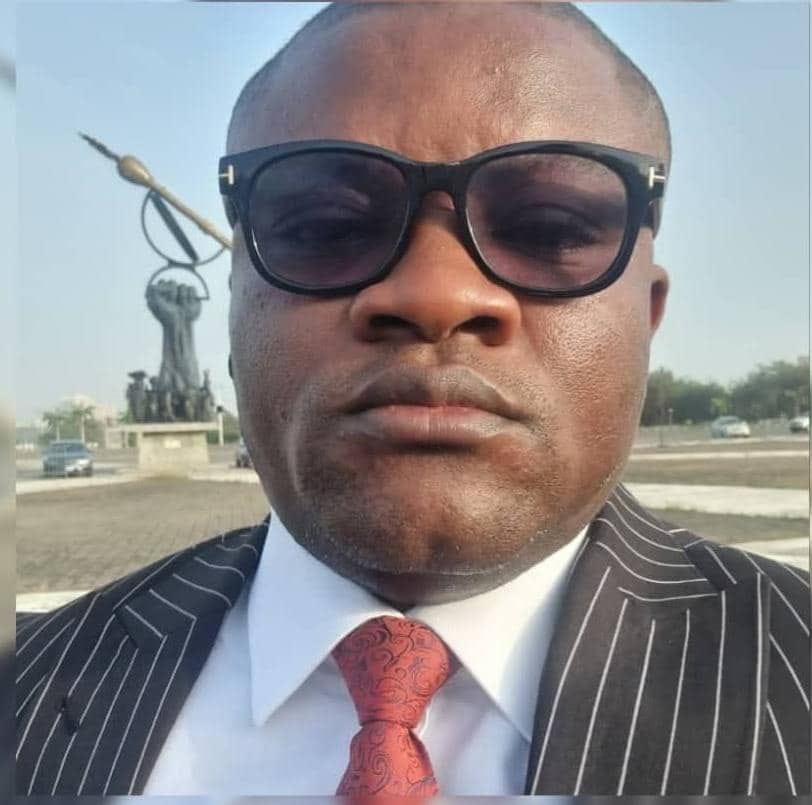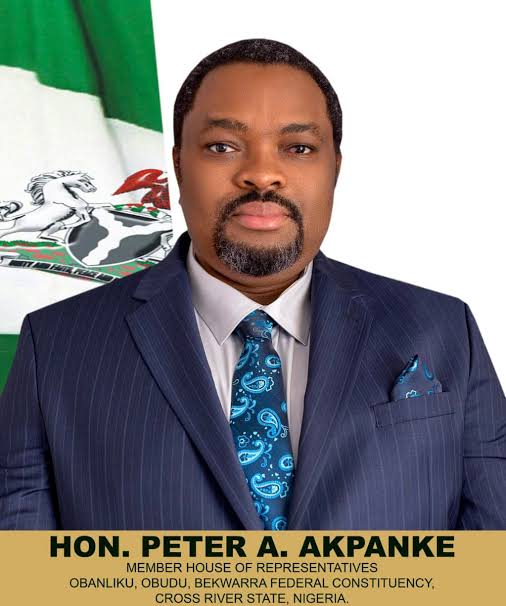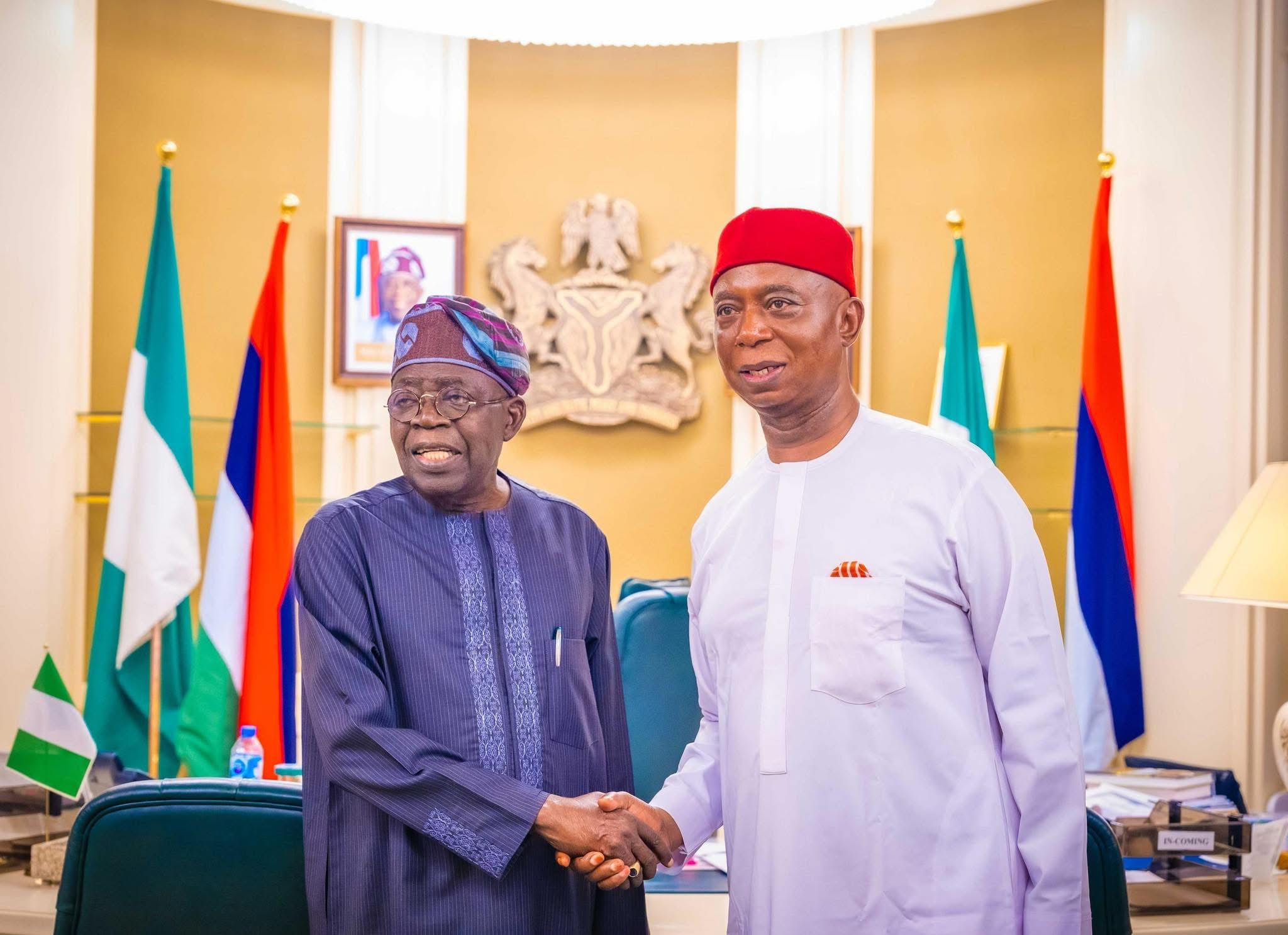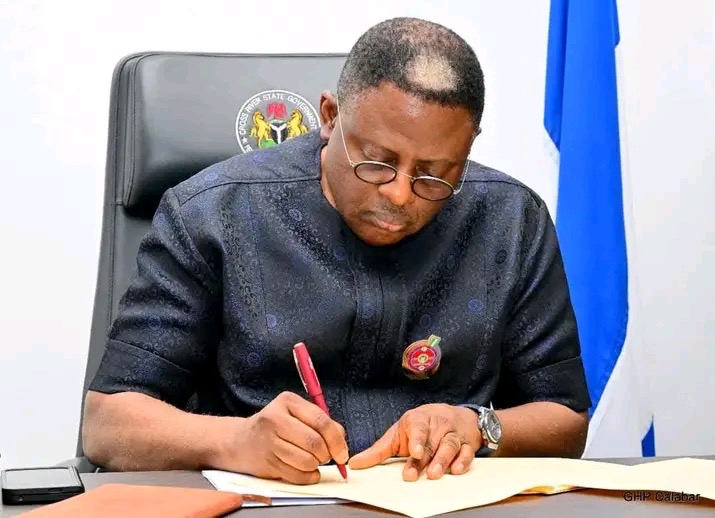A Sociopolitical Development Advocate, Clement Alegu, BSc, Msc, MBA, PhD(In View) has lamented over the insensitivity of successive administrations in Cross River State to the plight of the Igede people in Yala LGA.
He made the lamentation while making a presentation titled “Investing in Human Capital: The Imperative for the Igede People in Yala LGA, Cross River State” during a One Day Workshop by the Center for Development Advocacy, (CDA), Abuja recently.
Alegu, a financial advisor and consultant lamented
deplorable state of the roads in Igede, inadequate quality water and the lack of general enhancement of economic, social and general well-being of the Igede people; adding that the roads previous administrations has been using to solicit for the votes of the Igede community was in deplorable State.
He wondered if the Igede were confident that there would be equity, fairness and justice in the State as finding reveals that, the Igede people of Cross River State are poor, and that poverty is as a result of political exploitation.
We said we were, dismissing the curious observation with a wave of the hand, but subsequent political events were to prove us wrong. Going through some of the recent agitated articles in the media generally and particularly in some sections of the social media placed mainly by the Igede speaking calling for Fairness, Equity and Justice.
Part of the write ups reads thus, in the quest for sustainable development and economic prosperity, the significance of human capital investment cannot be overstated. This rings especially true for the Igede people residing in the Yala Local Government Area of Cross River State, Nigeria.
Human capital investment involves fostering the skills, knowledge, health, and well-being of individuals within a community, ultimately leading to enhanced productivity, economic growth, and societal advancement.
Understanding Human Capital Investment:
Human capital refers to the collective skills, knowledge, and abilities possessed by individuals that enable them to contribute to the economic output of a region. It encompasses education, training, health, and other factors that enhance individual productivity and well-being. Investing in human capital involves initiatives aimed at improving these aspects of human potential.
Challenges Faced by the Igede People:
The Igede people, like many communities across Nigeria, face unique challenges that necessitate targeted human capital investment:
1. Education Disparities: Access to quality education remains a challenge in many rural areas, impacting literacy rates and employability among the Igede population.
2. Healthcare Access: Limited access to healthcare services affects the overall health and productivity of the community, leading to preventable illnesses and reduced life expectancy.
3. Employment Opportunities: A lack of diverse economic opportunities can hinder the ability of individuals to reach their full potential and contribute meaningfully to the economy.
4. Infrastructure Deficits: Insufficient infrastructure such as roads, electricity, and water supply can impede socio-economic development and access to essential services.
The Case for Human Capital Investment:
Investing in the human capital of the Igede people offers a pathway to address these challenges and unlock their potential:
1. Enhanced Education: Improving access to quality education and vocational training can empower individuals with the skills needed for modern job markets, fostering entrepreneurship and innovation.
2. Healthcare Initiatives: Investing in healthcare infrastructure and services can improve the well-being of the community, reducing mortality rates and increasing overall productivity.
3. Youth Empowerment: Supporting youth programs and initiatives can harness the energy and creativity of young people, driving community development and economic growth.
4. Infrastructure Development: Addressing infrastructural deficits can catalyze economic activities, attracting investments and improving the quality of life for residents.
Strategies for Human Capital Investment:
To effectively invest in human capital among the Igede people, stakeholders should consider the following strategies:
1. Education Reform: Enhance access to quality education through school infrastructure development, teacher training, and curriculum enrichment.
2. Healthcare Interventions: Expand healthcare facilities and services, with a focus on preventive care, maternal health, and disease management.
3. Skills Development: Establish vocational training centers and programs tailored to local industries, promoting entrepreneurship and job creation.
4. Infrastructure Upgrades: Invest in critical infrastructure projects to improve connectivity and access to essential services.
In conclusion, human capital investment is not merely an expenditure but a strategic imperative for the sustainable development of the Igede people in Yala Local Government Area. By prioritizing education, healthcare, skills development, and infrastructure, the community can unlock its full potential, fostering a brighter future for generations to come.Through concerted efforts from government agencies, private sector partners, and civil society organizations, the Igede people can embark on a journey of inclusive growth and prosperity.
The current social, economic and political situation in the state since its creation has revealed that Cross River State has not lived up to the expectation of its founding fathers concerning the growth and development of the Igede people.
To bolster this claim, Alegu reiterates that “Igede Must Be Heard” for political and public service appointments and recruitment, as well as allocation of resources for her development.
This is a call for sober reflection, Alegu reemphasized.










